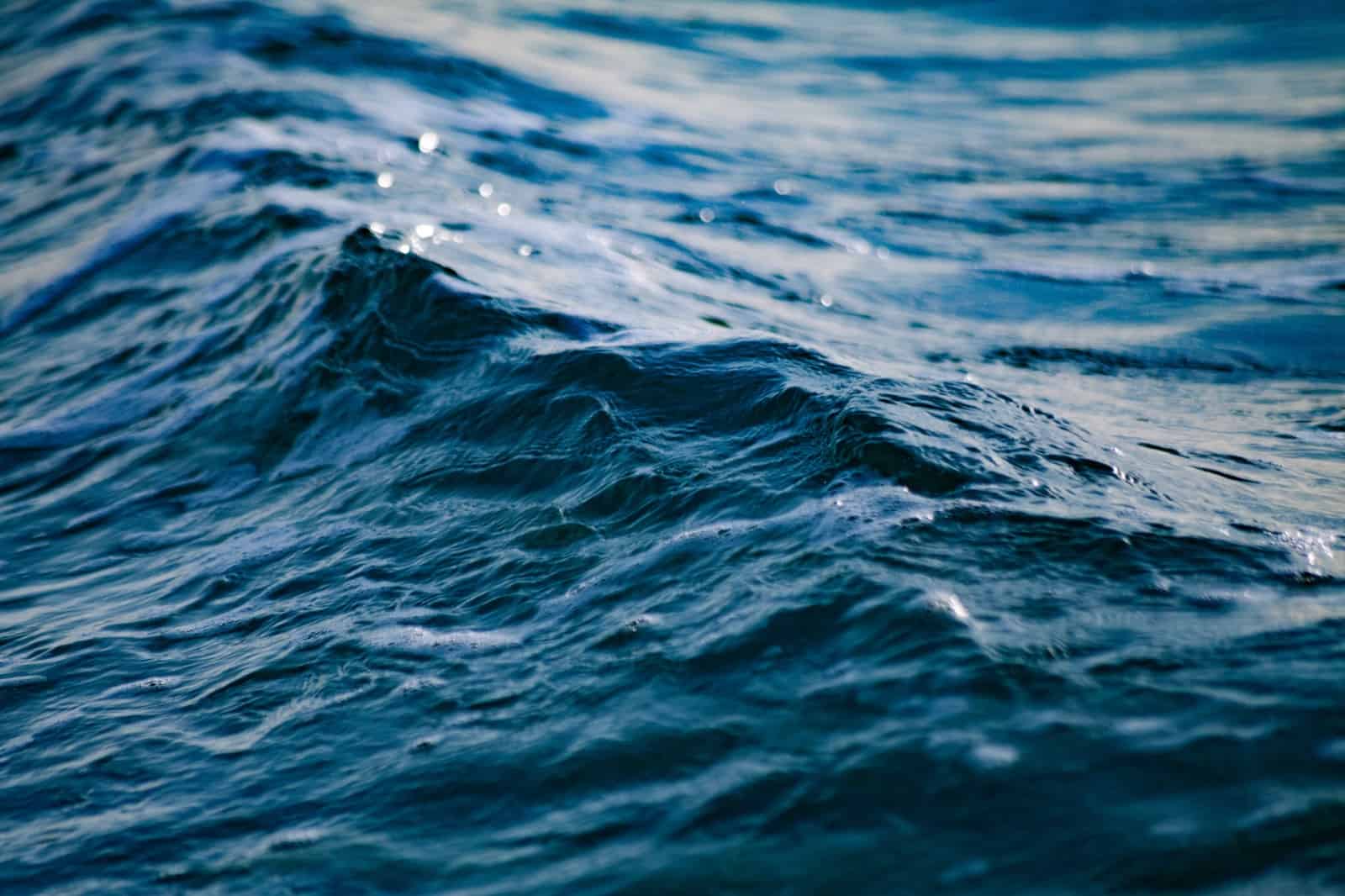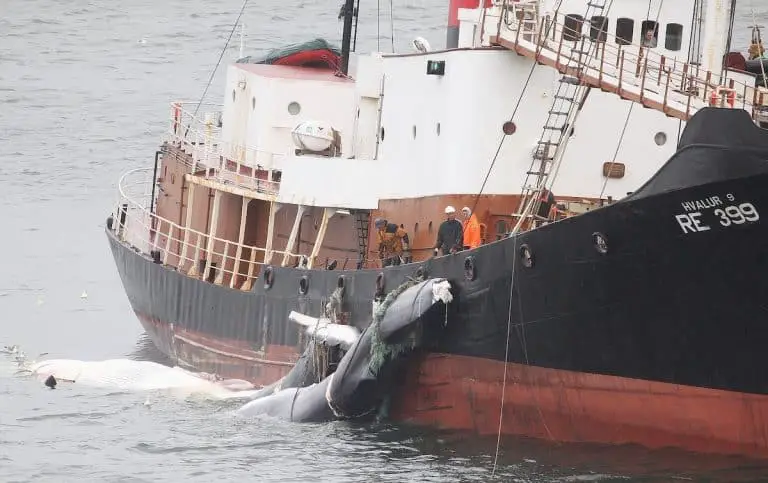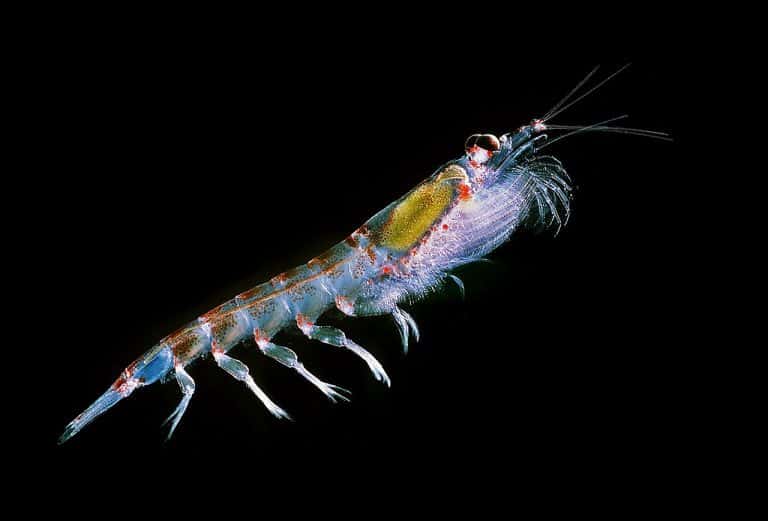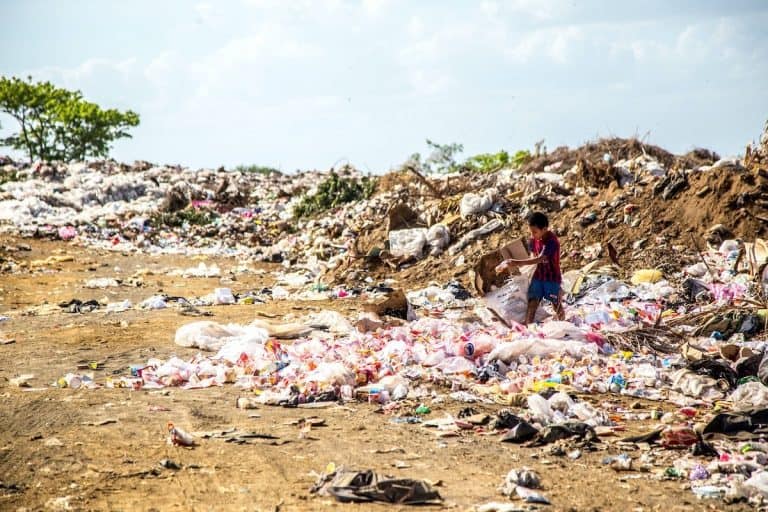Good question… what is sustainability? The concept of sustainability has been bandied about so much that one could see it as almost meaningless. Formally introduced in 1987, it has over the last two decades taken on any number of meanings, many of which are competing and contradictory. It is sometimes said that in a room of 10 people there are 10 different definitions of sustainability.
The word is applied in any number of situations, some appropriate and some otherwise. It’s used by companies to sell products and by environmentalists to boycott the same products. It has become a buzzword, a nonsense term. So maybe it’s best to go back to the basics and start at the beginning.
“Sustainability”, according to Webster’s Dictionary, is defined as:
a) of, relating to, or being a method of harvesting or using a resource so that the resource is not depleted or permanently damaged (sustainable techniques) (sustainable agriculture),
b) of or relating to a lifestyle involving the use of sustainable methods (sustainable society).
As the formal definition states, sustainability is about stewarding resources in such a way that they are available in the future. At face value this is fairly straightforward. However, once we apply sustainability more broadly to include environmental, economic, and social components it becomes trickier to define. In truth, for a resource to truly be managed sustainably, it must be utilized in a way that takes all three of these concepts into account.
Environmental sustainability
Environmental sustainability is the main focus of this site. In terms of seafood, concerns over environmental sustainability prompt questions such as:
- How was this fish caught or raised?
- Is it intrinsically a vulnerable species, due to a long natural life, low reproductive capability, slow maturation rate, or other characteristics?
- Are we overfishing the stock?
- Does a given fish farm pollute or have adverse effects on the environment?
- Does the manner in which we are catching a particular fish harm other species?
- Does a given fishery negatively impact the earth or the oceans, or our future ability to catch this fish?
Economic sustainability
Economic sustainability has to do with making resource exploitation feasible for industry and providing sufficient employment. To follow with the fishing example, one might ask:
- Does this fish reproduce quickly enough to form the basis for a solid industry?
- Is the industry taking climatic and oceanographic trends into account?
- Is the fish so valuable that we may over-exploit it?
Social sustainability
Social sustainability is about the people involved in the trade, as well as their history and culture. Sometimes we want to steer clear of environmentally unsustainable resources, but what does that mean for the people involved? Questions might include:
- If we stop all fishing in this area, how will the local fishermen survive?
- What do our decisions as consumers mean for the people employed in this fishery?
- Are these fishermen able to sell their product for enough to provide for their families?
It is extremely difficult to consider all of these dimensions without a deep understanding of all aspects of a resource, the industry that exploits it, and the people that make up that industry. Sustainable Sushi is not an attempt to do so. Rather, this site concentrates on the environmental dimensions of the sushi industry. I acknowledge that this does not address all the components of sustainability, but I feel that it is an important and appropriate place to start.
We live in a society that is only now beginning to take the concept of sustainability seriously. Learning to live with it in mind will not be easy, but we must start now, regardless of the discomfort, if we are to save the last vestiges of our once-great fisheries.
On this tiny planet of ours, sustainability is the future. Today the sushi bar, tomorrow the world.
Casson Trenor
Casson Trenor is a frequent commentator on sustainable seafood issues. He has been featured in regional, national, and international media outlets, including CNN, NPR, Forbes, New York Times, Boston Globe, Christian Science Monitor, San Francisco Chronicle, Los Angeles Times, Seattle Times.




